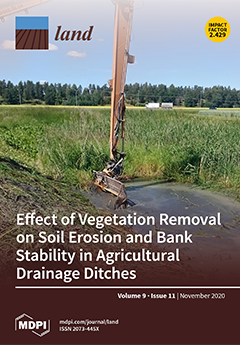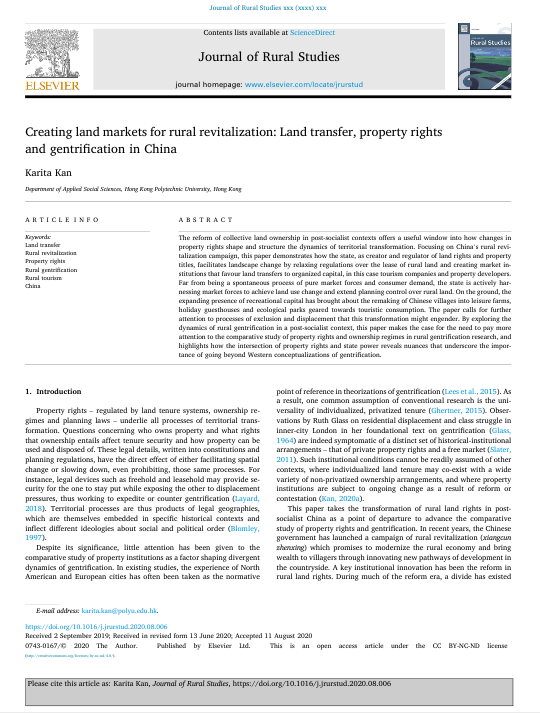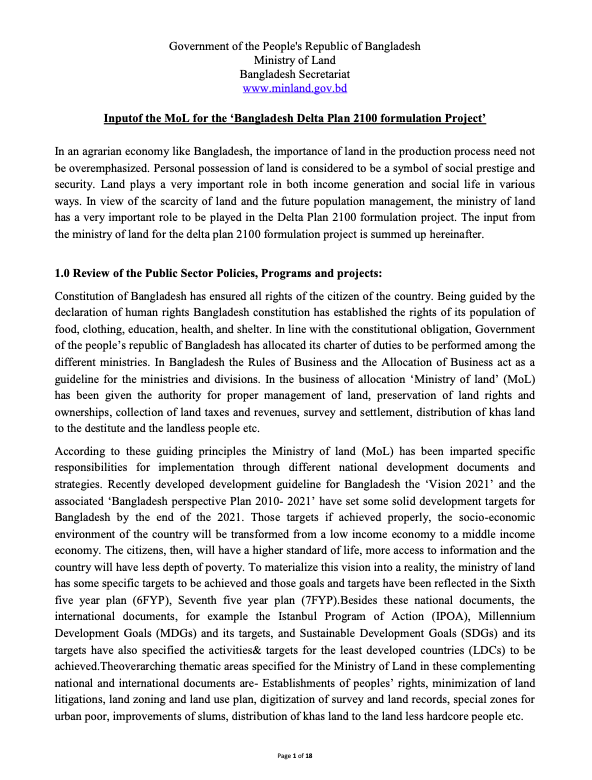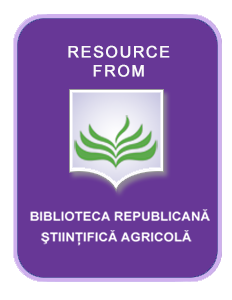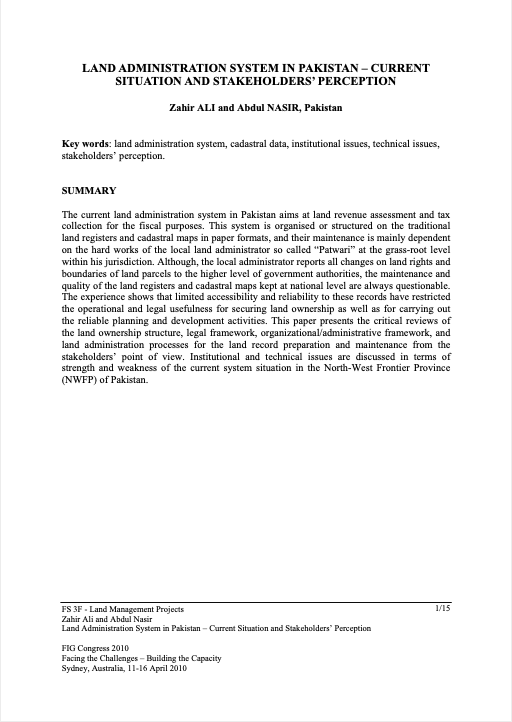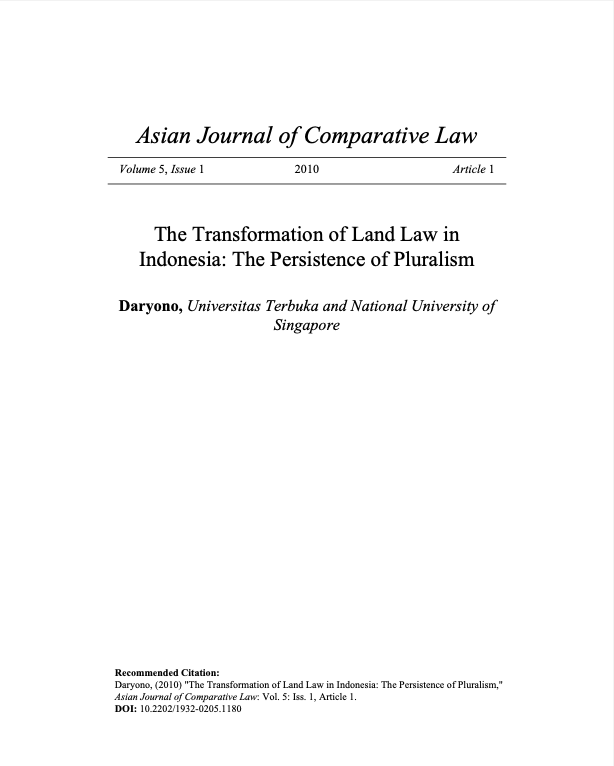Agroecological Entrepreneurship, Public Support, and Sustainable Development: The Case of Rural Yucatan (Mexico)
This paper offers an approach to Yucatecan social reality in terms of entrepreneurship and the process of creating companies dedicated to the production and/or commercialization of agroecological products, considering its contribution to sustainable rural development. The key actors’ perspective towards the existence of policies that favor land sustainability, assist in the development of rural areas and their population, and support these business initiatives is also presented.

